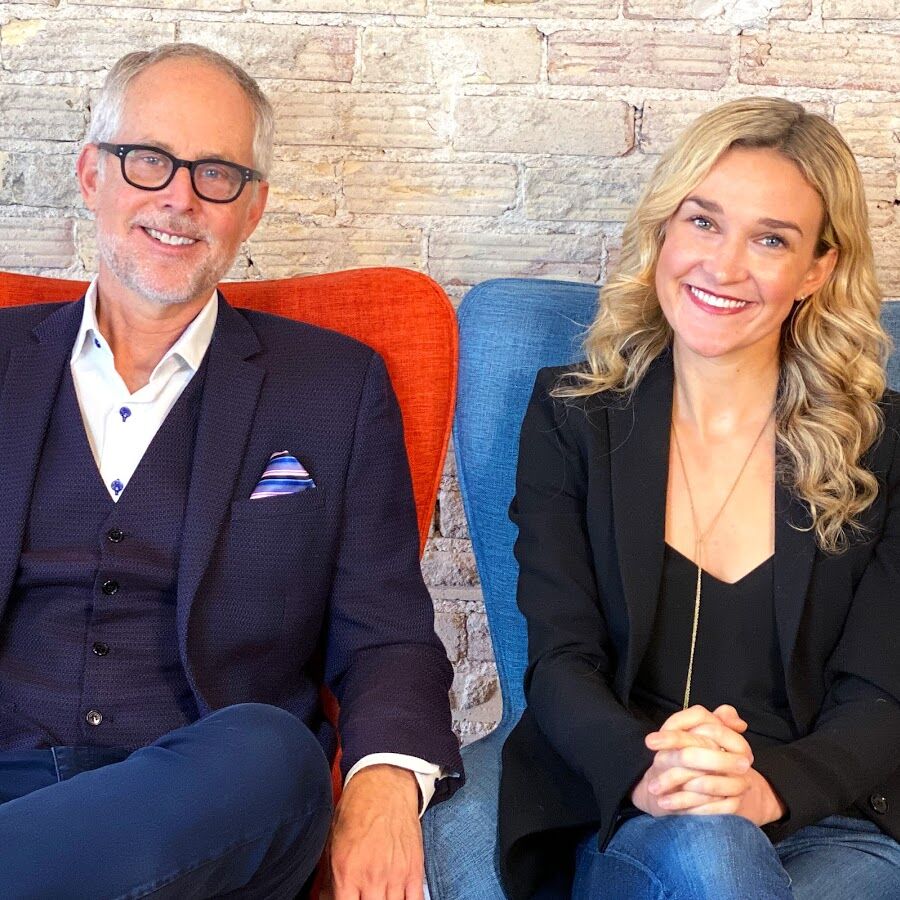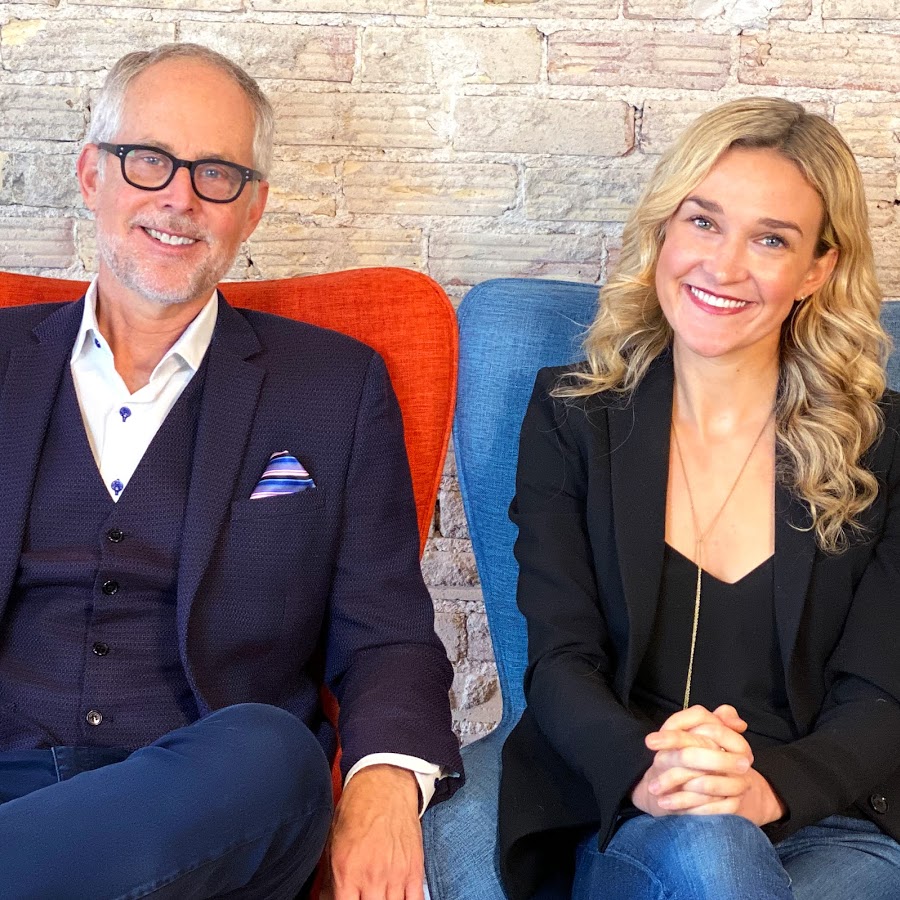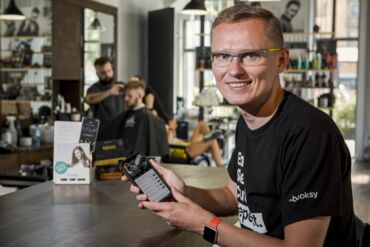Eight Qnity Financial Tips for Beauty Professionals

About two months ago, a financial consulting company called Qnity teamed up with Booksy to create a webinar designed specifically for industry experts. The hour-long video featured eight Qnity financial tips for beauty professionals who want their businesses to stay financially fit.
Qnity is run by a father and daughter team. And they’ve worked with over a 1,000 different small businesses owners. Most recently, Qnity has been working closely with industry experts who need help navigating through some serious financial obstacles caused by the pandemic.
In the past, Qnity has won awards for their financial tips and resources, which are available via online educational tools, consultations, and visual aids. Despite the different ways that Qnity makes their financial advice available, their primary goal is to help businesses create more structure and increase their financial prosperity.
Some of the larger companies that have worked with Qnity include Paul Mitchell, Wella, Estée Lauder, and J.P. Morgan. Learn why household names have spoken so highly about this financial consulting company by reviewing the following Qnity financial tips. And take note of their financial advice, before tax season comes to a close.
Also find out why we selected Qnity to participate in our Women’s History Month campaign. Throughout this month, we will highlight several successful women who truly are movers and shakers. And we’ll be using the hashtag #WhosInYourCircle on the Booksy Instagram page to give these women the attention they deserve for generating success and sharing it with others.
Get Closure
The Booksy webinar was moderated by Qnity President Erin Kuhn. She opened by speaking generally about the benefits of becoming financially secure, before offering eight Qnity financial tips for industry professionals. Her first tip was to actively take steps to gain closure by eliminating obstacles preventing financial success, “because closure plus clairty equals confidence,” she said.
To illustrate her point, Erin talked about a client who gained closure on a number of financial matters by using a mind map, which is a diagram that visually organized the actionable goals this client needed to take before gaining financial stability. One of the clear, actionable items that Erin encouraged this client to take was to totally eliminate using credit cards.
Erin continued making her point about closure by discussing another client who needed help as a business owner. That same client needed closure before implementing pre-booking, selling more retail, encouraging contact-free appointments, and investing in educational resources.
Create an Action Plan
After making her point about the importance of gaining closure, Erin talked about creating an action plan. She added that this step is particularly important because an action plan can align goals, objectives, and action steps with a vision of prosperity.
In short, a goal broken down into steps can become an action plan. “When you back your plan with action steps, that’s when you can make a dream a reality,” she said. Erin continued by discussing another former client who needed to increase her income to buy a home.
And that same client who lives in California accomplished her goal of becoming a homeowner in just two years, Erin said. But in order to make her dreams become a reality, it was necessary for that client to clearly define each and every step that it would take to reach that goal.
Pay Yourself First
According to Erin, every small business owner needs to pay themselves first before spending any of their income. In this strategy, the idea is to save or invest some income, before taking care of monthly expenses, such as housing, utilities, or insurance.
This reverse budgeting strategy lets professionals build their spending plan around their savings goals. Although the percentage each person sets aside will vary, the idea is to become accustomed to regularly setting aside a specific contribution, thus saving money over time.
Paying yourself first is one of the Qnity financial tips that may require setting up an automated investment system like a savings or retirement account. Either one of these accounts can automatically transfer funds once a week or bi-weekly. A person can also add to their savings or retirement account on their own, so long as they’re making that contribution religiously, said Erin.
Track Your Progress
Out of all of the Qnity financial tips, tracking your progress may seem like the most self-explanatory advice. And that’s because it’s not enough to make progress. "If you don’t track your progress—there’s no way of knowing that you’re taking steps to get ahead," said Erin.
Instead of being in the dark about financial goals, make yourself more financially fit by keeping track of your efforts. Erin recommends using the Qnity tracker, which is similar to a spreadsheet. It lets business owners list how many clients visited the shop or salon and how much each client spent. The Qnity tracker also lets professionals list the total amount earned in a week.
Also list your expenses. Make sure you record the date of the expense and take notes. Over time, analyze what expenses add up and which ones can be eliminated. Remember that this whole tracking process should only take about two minutes per week. But the advantages include being able to have much more control over how your income is being spent.
Dispel the Myths About Budgeting
It’s important to remove doubts, fears, and false ideas about budgeting and money management. Instead, replace them with facts and certainties. Three of the more common myths about budgeting that she described during the Qnity financial tips webinar include:
- There isn’t enough time for money management
- Saving money isn’t possible without more income
- It’s impossible to have fun on a budget
Erin reminded listeners that budgets are not restrictive. Instead, it’s a structure to create more freedom monetarily. It also allows business owners to make smarter choices and change from being a more reactive professional to being much more proactive with regards to finances.
Start a Habit Streak
Starting a habit streak is a useful term that simply means to implement a behavior that becomes automatic, said Erin. Examples of starting a habit streak include, setting up an account that automatically transfers money into a savings or a retirement account every week.
Another example of starting a habit streak is keeping a record of how much money is coming into a shop or salon. And then, closely track how much money is allocated towards expenses. Making money management a regular habit can help a person manage their money habitually. "Then it stops being a chore," said Erin.
Practice Gratitude
Another one of the more important Qnity financial tips is to practice gratitude. And that means to appreciate income that is already flowing into your business. Showing appreciation for the income that’s already available can help beauty professionals in a variety of ways.
This seemingly small step is particularly important during this pandemic period. Being grateful can help business owners gain more closure over issues holding them back financially. Practicing gratitude can also help a person get over some of their more financially limiting beliefs. And that includes myths about budgeting, said Erin.
According to health officials, taking time to express gratitude can lead to better sleeping habits, ease tension in relationships, and improve psychological health. So, take some time to physically write down things you feel grateful for today, said Erin.
Continue to Educate Yourself
The final Qnity financial tip was to keep learning about financial literacy. In particular, Erin encouraged online viewers to start thinking about assets, which she defined as anything of value that is owned. Erin then challenged viewers to take some time to learn about liabilities, since this term ecompasses items where there is an amount owed.
Erin concluded by stating that net worth is the difference between what you own and what you owe. Start to think about these and other important financial terms. Taking this step will help professionals make informed and effective decisions with all of their financial resources.
To continue learning how to prosper, take advantage of the exclusive education that’s available via the Qnity and Booksy partnership, which will continue for the remainder of the year. Stay on the lookout for six lessons that can be viewed live or via the Booksy YouTube channel.
The most recent Qnity webinar took place on March 1st. It was titled “Grow Your Clientele in Three Easy Steps.” The next online tutorial will take place on April 12th at 2 p.m. CST live on the Booksy webinar channel. That educational session is titled “Three Ways to Increase Your Average Ticket.” To participate, simply register online.














